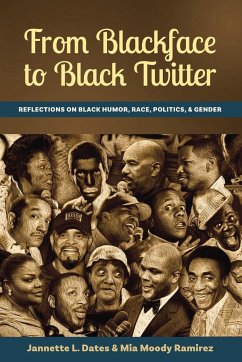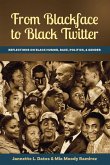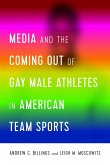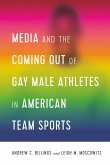"I've always been a fan of black comedy. I remember, as a little boy, sitting at the feet of my maternal grandmother while she listened to The Jack Benny Program on radio. She laughed loudest when Rochester, the black valet played by Eddie Anderson, tested Benny's patience with his dry wit and smart banter. I laughed a lot back then at the black vaudevillian comedy of that time and then even more as I got older and the ranks of black comedians grew. But back then I gave little thought to the things that motivated this humor and the impact the laughter these comedians brought us had on the social and political life of this country. I found that awakening in the pages of this book. From Blackface to Black Twitter: Reflections on Black Humor, Race, Politics, & Gender is a guided tour through more than a century of efforts, conscious and unconscious, to salve the wounds of America's enslaved people of African descent and their descendants-with laughter. Black comedy, the authors suggest, is often an Afrocentric response to white hegemony and the insidious stereotyping of blacks by others. More than anything else, this book is about how the laughter created by black comics has been a key part of the existentialism of America's black community. And in this way, it is part of a black survival guide that is still being written." -DeWayne Wickham, Dean and Professor of Journalism, School of Global Journalism and Communication, Morgan State University
Bitte wählen Sie Ihr Anliegen aus.
Rechnungen
Retourenschein anfordern
Bestellstatus
Storno








